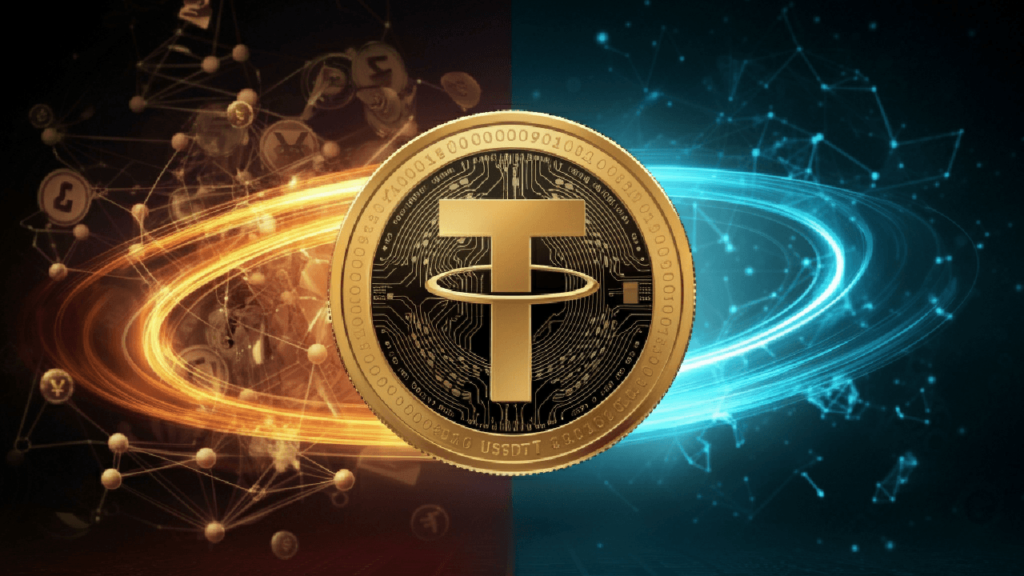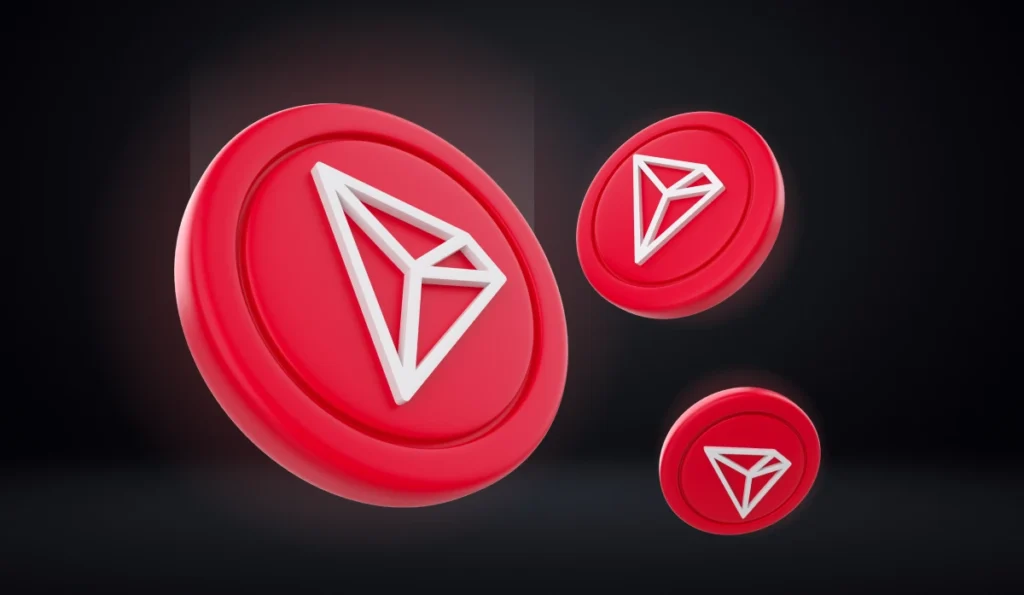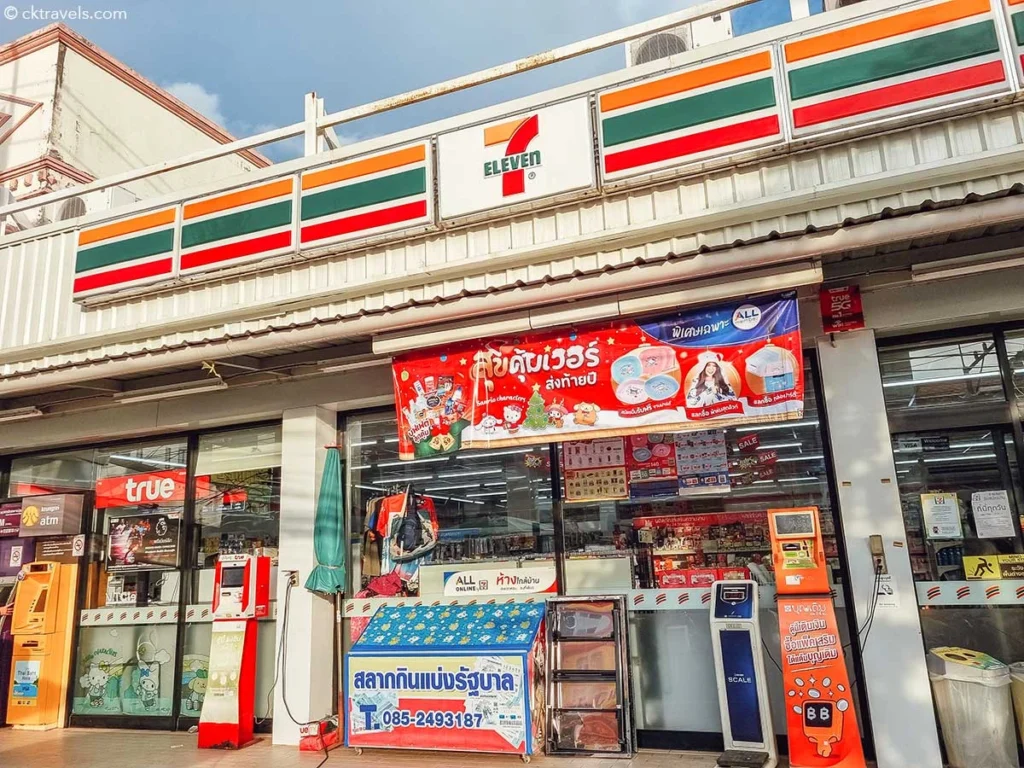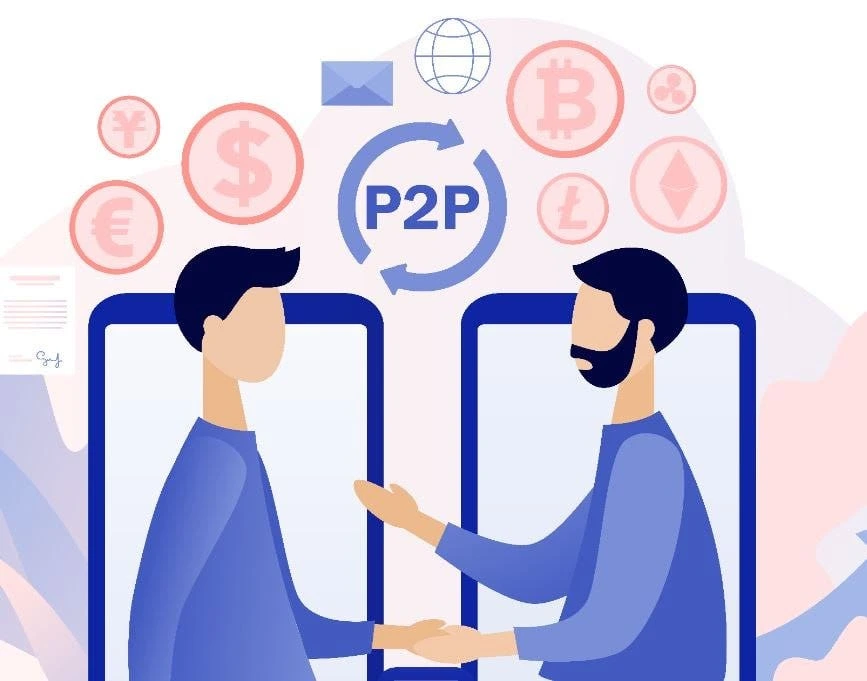Is USDT Becoming Thailand’s Favorite Crypto in 2025? Here’s What to Know
November 18, 2024

USDT in Thailand: 2025’s Most Asked Questions, Answered
Cryptocurrency has never been boring in Thailand—but lately, it’s not the wild swings of Bitcoin or the hype around new tokens that people are talking about. It’s USDT in Thailand, which has quietly become the default digital currency for countless traders, freelancers, and even small businesses.
Wondering what’s driving this trend? Below, we break it down FAQ-style—so you can get real answers without the fluff.
Q: Why is USDT so widely used in Thailand right now?
The short answer: stability and convenience.
USDT (Tether) is a stablecoin pegged to the US dollar. In a market that’s known for volatility, USDT gives Thai users a way to park their funds without constantly checking prices. It’s not just for traders anymore—people use it for remittances, freelance income, and even online shopping.
Also, compared to the baht, USDT is easier to use for international transactions. It’s fast, borderless, and—let’s be honest—less paperwork.

Credit from : Bitcoin News
Q: What makes USDT stand out over other stablecoins in Thailand?
Three big reasons:
- Liquidity – There’s always a market for USDT on platforms like Bitkub, Binance, and Satang. It’s easy to trade in and out.
- Familiarity – It’s been around longer than most. Thai users know what it is, and they trust it—more than newer stablecoins like USDC or DAI.
- Low Fees – Especially on the TRON network (TRC-20), USDT transactions cost mere satang compared to Ethereum-based transfers.
While some users are aware of the controversies around Tether’s reserves, the practical benefits tend to outweigh the concerns for day-to-day use.

Credit from : Coins.ph
Q: How are Thai individuals using USDT beyond trading?
It’s expanding quickly into non-trading territory:
- Freelancers are being paid in USDT from clients abroad—fast, no hassle.
- Remote workers living in Thailand are using USDT to convert earnings and spend locally.
- Travelers and digital nomads are keeping USDT as a safer alternative to carrying large sums of cash.
- Small savers even use USDT as a short-term alternative to bank deposits.
It’s not mainstream banking yet, but it’s definitely filling a gap.
Q: Are Thai businesses accepting USDT now?
Some are.
Early adopters include crypto-friendly cafés, e-commerce sellers, and freelancers who bill in stablecoins. You might not see USDT accepted at a 7-Eleven (yet), but cross-border shops and online services are more flexible.
As crypto regulations continue to evolve, more SMEs in Thailand are exploring USDT as a payment or invoicing option—especially for international customers.

Q: Is it legal to use USDT in Thailand?
Yes—with some limitations.
Thailand allows the trading and holding of USDT. It’s regulated by the SEC and used legally on licensed exchanges. However, it’s not considered legal tender, meaning you can’t use it to pay taxes or government bills.
That said, peer-to-peer (P2P) use of USDT is alive and well. Unlike some neighboring countries that have cracked down on stablecoin use, Thailand has kept things relatively open—especially for individuals.

Q: Is USDT’s popularity in Thailand just a passing trend?
It might seem like a trend, but the signs point toward long-term adoption.
Here’s why:
- More Thai exchanges are integrating USDT as a default asset.
- Younger users (Gen Z and millennials) are fluent in stablecoin use.
- Global uncertainty is driving people to look for dollar-linked assets.
- The infrastructure is already there—wallets, networks, apps—it’s easy to plug in.
So while things could shift (as they always do in crypto), USDT in Thailand looks more like a foundation than a fad.

Q: What’s the takeaway for Thai users in 2025?
It’s simple: USDT works.
It may not be exciting like a new altcoin launch, but it does what people need it to do—fast, cheap, stable transactions across borders or across the street.
Whether you’re trading, earning online, sending money to family, or just holding something less volatile than BTC, USDT in Thailand is proving itself to be the quiet favorite.
No hype, no drama—just utility.

